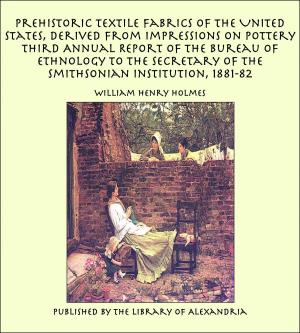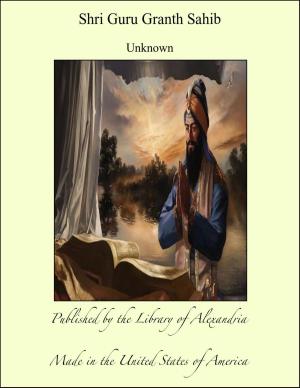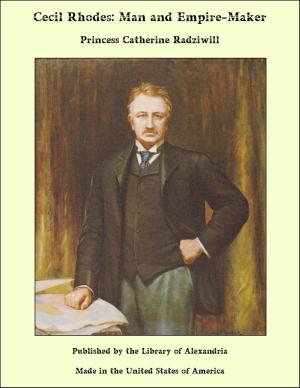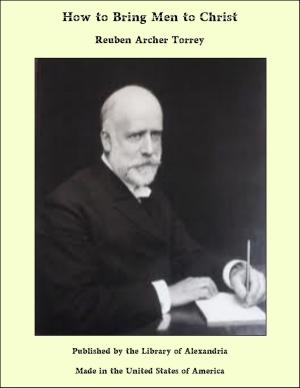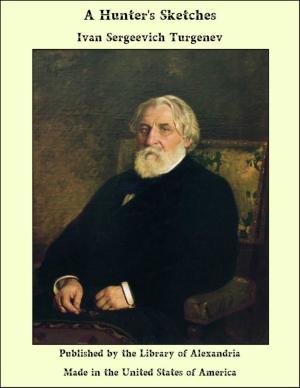Redmanship in Kentucky for Fifty Great Suns
Nonfiction, Religion & Spirituality, New Age, History, Fiction & Literature| Author: | Frank L. Smith | ISBN: | 9781465602831 |
| Publisher: | Library of Alexandria | Publication: | March 8, 2015 |
| Imprint: | Language: | English |
| Author: | Frank L. Smith |
| ISBN: | 9781465602831 |
| Publisher: | Library of Alexandria |
| Publication: | March 8, 2015 |
| Imprint: | |
| Language: | English |
The history of the Improved Order of Red Men is so interwoven with the history of the struggles of the American Colonies for independence that to record the one is to repeat the other in a great measure. The first settlers upon this continent were imbued with the spirit of freedom, and to gain this object left their mother country. The American shores became the asylum of the oppressed of all nationalities. They were not, however, thus easily to escape the hand of British tyranny. The British Government soon learned that the American colonists were a thrifty, prosperous people, strong and skilled in the arts and sciences and were rapidly gaining wealth. The temptation to tax these people for the maintenance of its government and army was too strong upon the mother country, and severe taxes were imposed; but the right of representation in the British Parliament was denied them. This usurpation of power created the greatest dissatisfaction among the colonists, who repeatedly memorialized the English Government for relief, and for redress for their many wrongs, but without avail. As early as 1765, it was the custom of the citizens of the city of Boston and vicinity to assemble and discuss the aggravating situation. Their favorite place of meeting was under the famous Liberty Tree, which stood at what is now the corner of Essex and Washington streets. These citizens had perfected a permanent organization, bound together by signed pledges to appose by all legitimate means the enforcement of the obnoxious "Stamp Act." It is not known that at that time they had any particular name for their organization, but Col. Barre, in a speech in the House of Commons, February 7, 1765, referred to American colonists in opposition to the stamp act as the "Sons of Liberty," and this name seems to have been applied to them from that time.
The history of the Improved Order of Red Men is so interwoven with the history of the struggles of the American Colonies for independence that to record the one is to repeat the other in a great measure. The first settlers upon this continent were imbued with the spirit of freedom, and to gain this object left their mother country. The American shores became the asylum of the oppressed of all nationalities. They were not, however, thus easily to escape the hand of British tyranny. The British Government soon learned that the American colonists were a thrifty, prosperous people, strong and skilled in the arts and sciences and were rapidly gaining wealth. The temptation to tax these people for the maintenance of its government and army was too strong upon the mother country, and severe taxes were imposed; but the right of representation in the British Parliament was denied them. This usurpation of power created the greatest dissatisfaction among the colonists, who repeatedly memorialized the English Government for relief, and for redress for their many wrongs, but without avail. As early as 1765, it was the custom of the citizens of the city of Boston and vicinity to assemble and discuss the aggravating situation. Their favorite place of meeting was under the famous Liberty Tree, which stood at what is now the corner of Essex and Washington streets. These citizens had perfected a permanent organization, bound together by signed pledges to appose by all legitimate means the enforcement of the obnoxious "Stamp Act." It is not known that at that time they had any particular name for their organization, but Col. Barre, in a speech in the House of Commons, February 7, 1765, referred to American colonists in opposition to the stamp act as the "Sons of Liberty," and this name seems to have been applied to them from that time.

